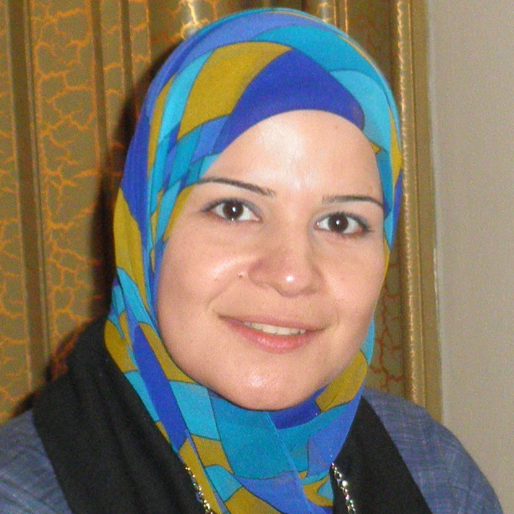
M. F. Ghanim
Work place: Computer Engineering Department, College of Engineering, University of Mosul, Mosul, Iraq
E-mail: mayada_faris@yahoo.com
Website:
Research Interests: Computational Science and Engineering, Computational Engineering, Engineering
Biography
Mayada Faris Ghanim graduated from Computer Engineering Department / College of Engineering at University of Mosul in 2004 and completed her Master in Computer Engineering at the same college in 2007. Currently she is studying doctorate of Electrical and Electronics Engineering at University Tun Hussein Onn Malaysia (UTHM) from 2010. Since 2006 she is working as engineer at the University of the Mosul-Iraq. She has published many refereed journal and conference papers. She is a member of IAENG, SIE, SDIWC, IACSIT and SCIEI.
Author Articles
Analysis of MC-CDMA System in Mobile Communications
By M. F. Ghanim M. F. L. Abdullah
DOI: https://doi.org/10.5815/ijitcs.2012.12.10, Pub. Date: 8 Nov. 2012
Wireless communication plays an important role in our daily life. One of the most important techniques which is Candidate for the fourth generation is Multicarrier Code Division Multiple Access (MC-CDMA) due to its high data rate. This research paper presents the MC-CDMA system using different modulation techniques. The variety of modulation types are depended in order to show the effects of modulation index and type on broadcasting data. The bit error rate of the system is plotted for a range of signal to noise ratio so that the effect of modulation on the MC-CDMA system will be evident. Actually, the simulation results show that QAM gives less bit error rate that makes MC-CDMA more flexible and suitable for mobile communication next generation technology. Also, the peak-to-average power (PAPR) of MC-CDMA is analyzed to show that high PAPR is the main disadvantage of MC-CDMA system then the possible solutions for this problem are discussed in this research paper.
[...] Read more.Other Articles
Subscribe to receive issue release notifications and newsletters from MECS Press journals